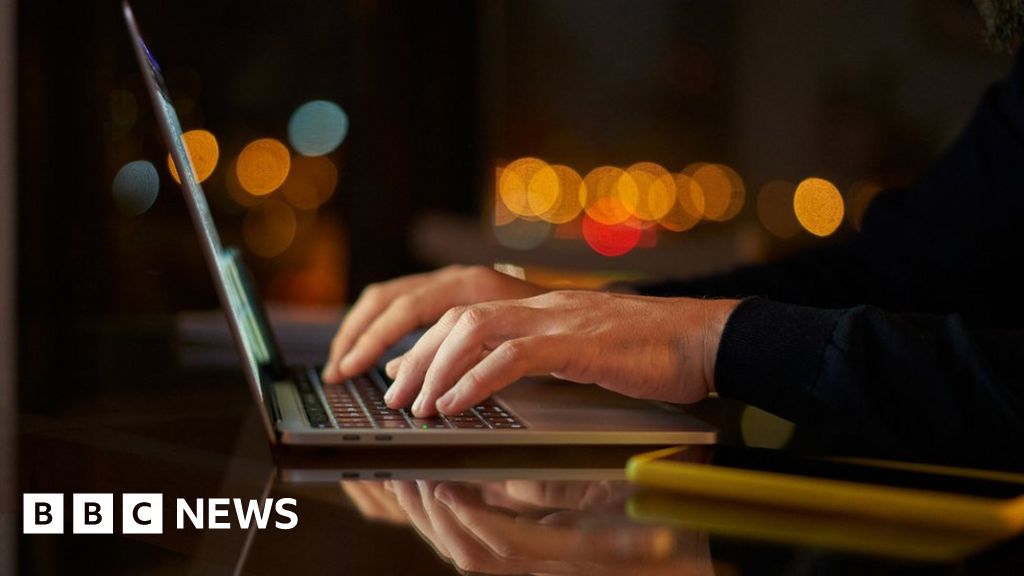Men who identify as incels have “fundamental thinking errors” about what women want, research shows.
A study at Swansea University found incels - or involuntary celibates - overestimated physical attractiveness and finances, while underestimating kindness, humour and loyalty.
The study’s co-author Andrew Thomas said “thinking errors” could “lead us down some quite troubling paths”.
He said mental health support was crucial, as opposed to “demonisation”.
The term refers to a community, largely online, of mainly heterosexual men frustrated by their inability to form romantic or sexual relationships.
The idea dates back more than 30 years and was popularised by a website offering support for lonely people who felt left behind.
Study: https://www.tandfonline.com/doi/full/10.1080/00224499.2023.2248096



Men need more mental health help, to avoid getting to the point of identifying as an incel, a point before which are many milestones from “casual” misogyny, to toxic and fragile masculinity, to full on gendered violence (from stalking to rape to murder, most of which perpetrated by “normal” men, not self identifying incels), that our society would rather frame as “boys being boys” or whatever, than address.
Looking at the end result and saying “oh, well, now we need to intervene” is one of the most pathetic and useless ways I can imagine to tackle this problem - because they’re looking at incels being demonised as the problem, rather than the system that created them and the impact it, and they, have on those who aren’t cis men (needless to say, an impact much worse than well earned demonisation).
Misogyny isn’t a mental illness, it’s a systemic part of our society, and while those who have gone through the pipeline and come out idealistically violent and toxic undoubtedly need help, ignoring the environment that creates them is the opposite of helping.